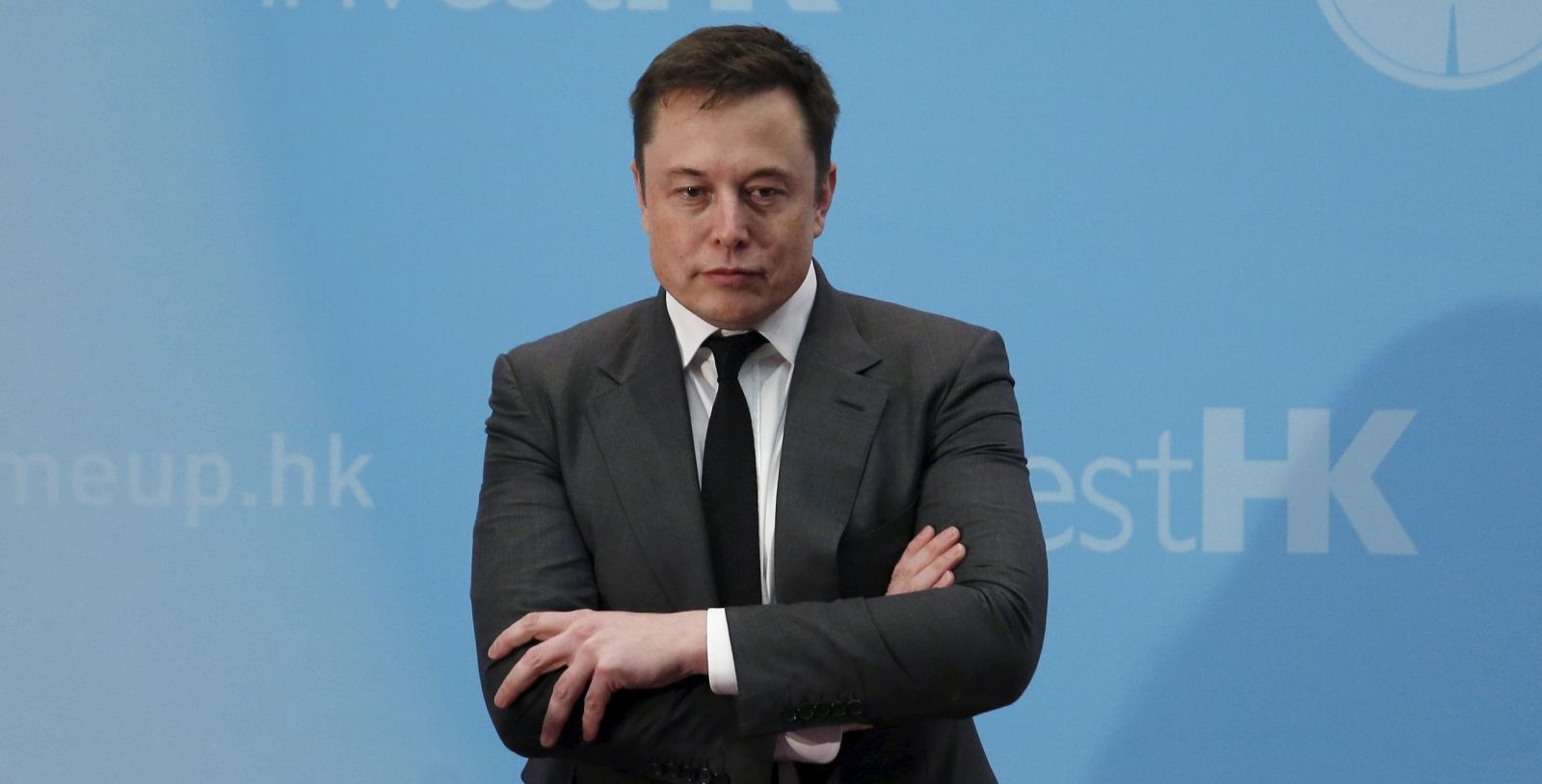We’ve tracked all of Musk’s tweets since 2015. It’s never been like this.
You might not guess it from Twitter these days, but Elon Musk runs three companies. SpaceX is attempting to colonize Mars. The Boring Company aims to revolutionize subterranean travel. Tesla, after missing multiple deadlines, is trying to mass-produce enough Model 3s before it needs to ask Wall Street for more cash.


You might not guess it from Twitter these days, but Elon Musk runs three companies. SpaceX is attempting to colonize Mars. The Boring Company aims to revolutionize subterranean travel. Tesla, after missing multiple deadlines, is trying to mass-produce enough Model 3s before it needs to ask Wall Street for more cash.
Amid all this, Musk’s Twitter account this month has descended into a blizzard of replies, accusations and counter-accusations against a panoply of targets. The activity is unlike anything coming from his handle since at least 2015. Quartz analyzed every tweet for the last three years to see what’s changed. In short: a lot. Over the last two months, Musk’s tweeting has quadrupled, surging to almost 400 this May. Prior to this month, his average tweets per month was 88 going back to September 2015 (median 84). Something is clearly different, and it’s not just the sheer number of tweets.
Musk has never shied away from online disagreements, but the time he’s devoted to them has expanded dramatically. The media, investors, the Union of Automobile Workers, nanotechnology researchers, and (inexplicably) even obscure Twitter accounts who crossed him have all been in his sights (like Dyl Pickle and his 91 followers).
Despite the conflict (or maybe because of it) the executive, worth an estimated $19.8 billion, reported feeling in good spirits on May 24.
That didn’t seem to last. His anger escalated in the intervening days. It’s not clear what triggered the change in tone. But people who have worked with Musk in the past told Quartz that the May 2 earnings call when the executive lashed out at investors was the moment he appeared to break most visibly from his past behavior. Musk refused to answer several investment analysts’ “boring, bonehead” questions, saying, “These questions are so dry. They’re killing me.” He then took about 15 questions from self-described “finance nerd” Galileo Russell with a YouTube show called HyperChange TV.
His most bitter criticism was reserved for the press. Tesla has enjoyed glowing coverage over the years. His face has appeared on the covers of myriad magazines, and the company has dominated the news as a pioneer of electric vehicles and solar energy. Of course, Musk has also endured his share of criticism, and has chafed at coverage he calls misleading and unfair compared to his competitors.
“The holier-than-thou hypocrisy of big media companies who lay claim to the truth, but publish only enough to sugarcoat the lie, is why the public no longer respects them,” he tweeted. “Journos hound me constantly for interviews, but I do almost none these days. 💜 Twitter as it allows me to bypass journo bs,” he added.
Musk has now launched a crusade against the press, promising to build “PravDuh!,” a riff off pravda, the Russian word for “truth” and the former Soviet state propaganda publication. (He originally wanted “Pravda,” but the domain was taken.) The company intends to rate journalists’ and news organizations’ credibility. There are already more than five startups trying to do this.
He’s now engaged in frequent conversations attacking the press or defending his statements, and praising supporters who have rallied to his side. That dynamic has radically reshaped Musk’s behavior on Twitter. The number of tweets responding to those of others in his Twitter feed has more than quadrupled over the past month. While some are corresponding with Tesla customers, far more of Musk’s tweets have become part of long, contentious Twitter threads.
A trend that started in 2016 is now accelerating. Musk has steadily moved away from original posts and retweets to engaging with other Twitter users. In May, almost 80% of Musk’s Twitter interactions consisted of replies rather than original posts or retweets.
That doesn’t seem to have deterred many followers. Musk’s follower count jumped from 21.6 million to 21.9 million this month. Two of his most popular tweets, garnering hundreds of thousands of likes and retweets, were made in the last few months featuring oddball jokes or the achievements of his companies.
Yet the public’s appetite for his new combativeness may be waning. While the average popularity of each tweet should naturally decline as the number of posts rises (and more are buried as replies), the drop has been precipitous, starting a few months before Musk’s latest outbursts. Despite far more followers, his tweets are attracting fewer fans.
Musk may be betting that he can deliver his message through Twitter better than by dealing with investors or the press he increasingly views as irrelevant. Since 2016, he has repeatedly said how much he “loves” the social media network, and retweeted a headline on May 23 stating “Tesla could rally as media negativity is ‘increasingly immaterial’.”
Yet cutting out intermediaries because he finds their questions “boneheaded” or inconvenient, even as Tesla struggles to deliver on promises, may not convince many who are not among his most devoted followers.
Correction: A previous version of this post stated the incorrect name of the YouTube show host during the investor call. It’s Galileo Russell.